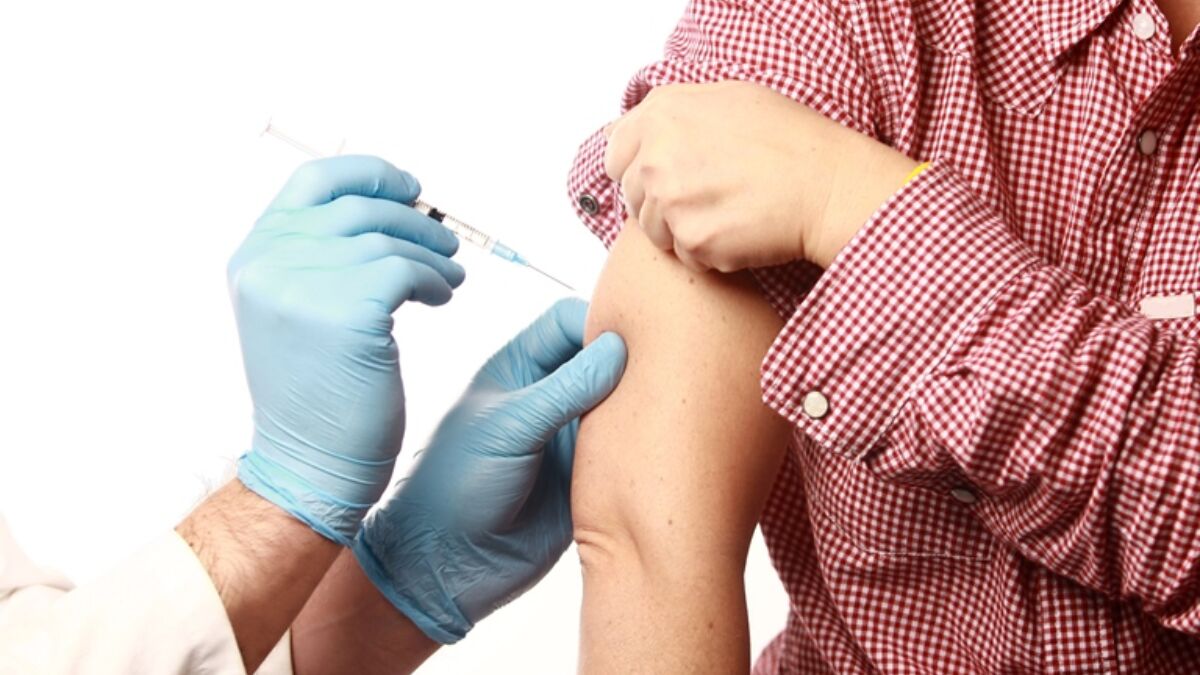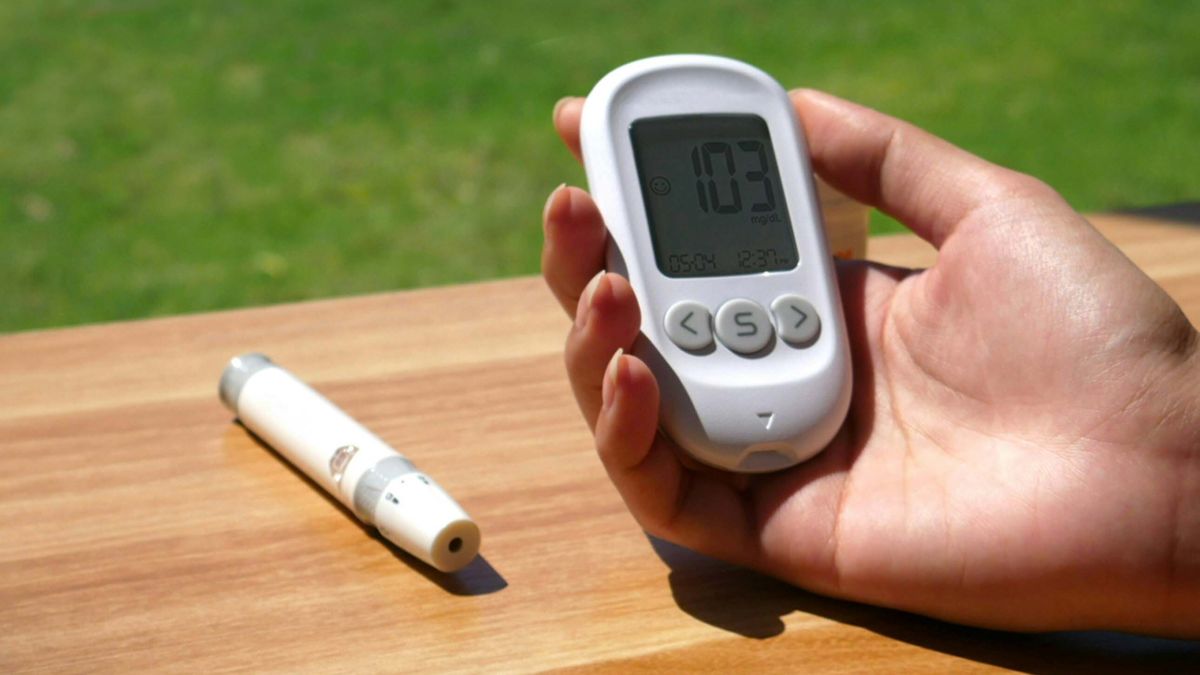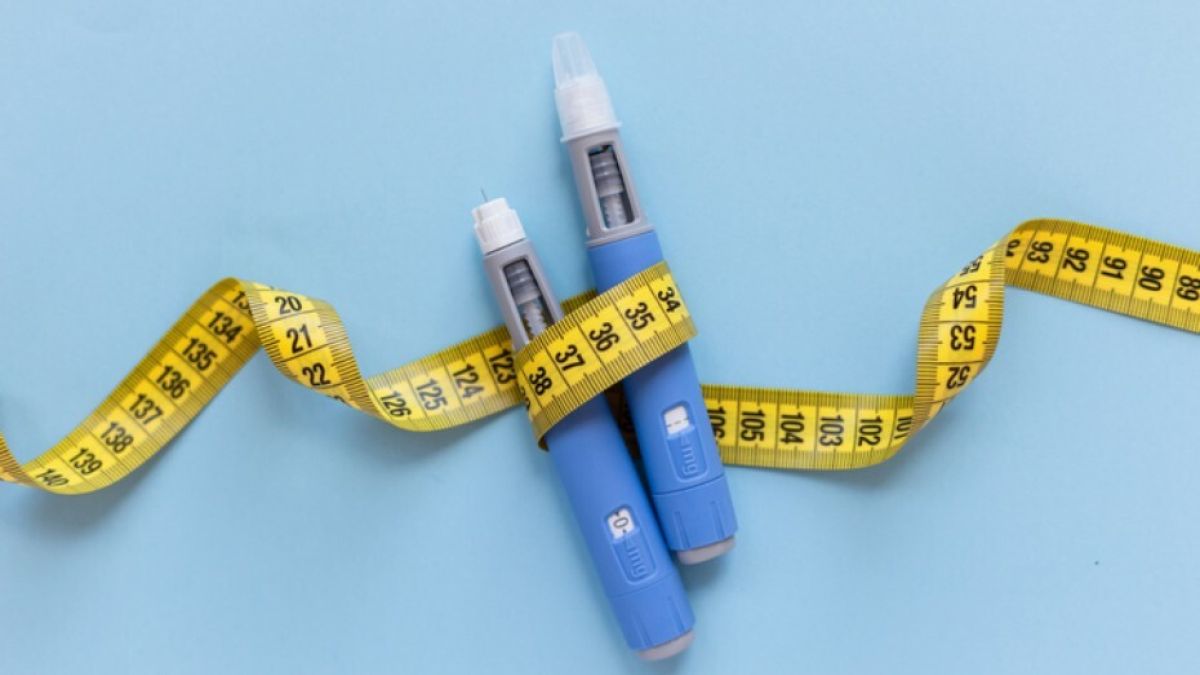Approximately 37.3 million Americans have diabetes. At Ochsner Health, we’re here to help guide and educate patients on what diabetes is and how to manage it.
What is diabetes?
Diabetes is a chronic condition that occurs when the body is unable to use insulin or produce insulin properly, which results in high levels of blood glucose, also known as sugar.
When you eat, your body breaks down the food into nutrients. Carbohydrates are broken down into a simple, fast-absorbing form of sugar called glucose. Glucose is fuel to your body and gives your body energy. Insulin is a hormone produced by the pancreas and regulates the way the body uses carbohydrates for energy. Your body needs insulin to move glucose in the bloodstream into the cells to use for fuel. When the pancreas isn’t producing enough insulin, or it isn’t being used properly, glucose builds up in your blood stream, causing high blood sugar (hyperglycemia).























